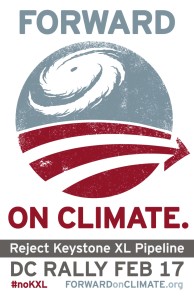Local food culture in the upper Eastern Shore is not just alive and well. It is thriving. This was evident at the 2013 Locavore Literature Festival (March 21-24, 2013 in Chestertown, MD) featuring authors, poets, eaters and growers, all speaking and buzzing about the joy, challenge, and possibilities of food.
The festival featured a series of talks about food as a catalyst for healing the environment and health, and building community. Keynote speaker and author Shannon Hayes (Radical Homemakers: Reclaiming Domesticity from a Consumer Culture (2010)) offered stories about what it takes to transition to sustainable, accountable living centered on home and community. In addition to tastings and farmers markets, the program included a lively panel of local food activists sharing their vision for healthy food and resilient communities. I was fortunate enough to catch a poetry reading by Nathaniel Perry, author of Nine Acres (2011), whose prose embraces not so much a romantic view of food and nature, but rather a rich slice of trial and error in growing stuff to eat.
Perry’s reading and discussion was followed by a dynamic presentation by Professor Tanya Denckla Cobb, author of Reclaiming Our Food: How the Grassroots Food Movement is Changing the Way We Eat (2011). Cobb highlighted inspiring stories and lessons from community-led food projects around the country. She paid particular attention to projects that are increasing access to healthy food for more members of the community and creating jobs. What I observed in Chestertown can been seen in small pockets across the Chesapeake region –people organizing and energizing themselves around healthy, locally grown, sustainable food. I came away from Cobb’s discussion with a sense of hope about the good things that people are doing in their communities, but I had to wonder –does the collection of earnest efforts add up to a movement that can make the comprehensive reforms we really need?
Fortunately, our friends at Future Harvest-CASA are working to link local efforts together through a regional vision for the future of food called the Chesapeake Foodshed Initiative. The idea is to build collaboration and connection between the innovative projects happening around the region to drive bigger change and impact. Other regions such as New England have used this sort of visioning to help drive policy change and grow the marketplace for local, sustainable food. In fact, leaders of the New England movement recently set a bold new goal of building the capacity to produce up to 80% clean, fair, just, and accessible food for all New Englanders by 2060. As the Chesapeake Foodshed Initiative evolves and develops, our hope is that a blueprint for the future of food will emerge that reflects thriving local economies, equal access to good food, and healthy communities.
